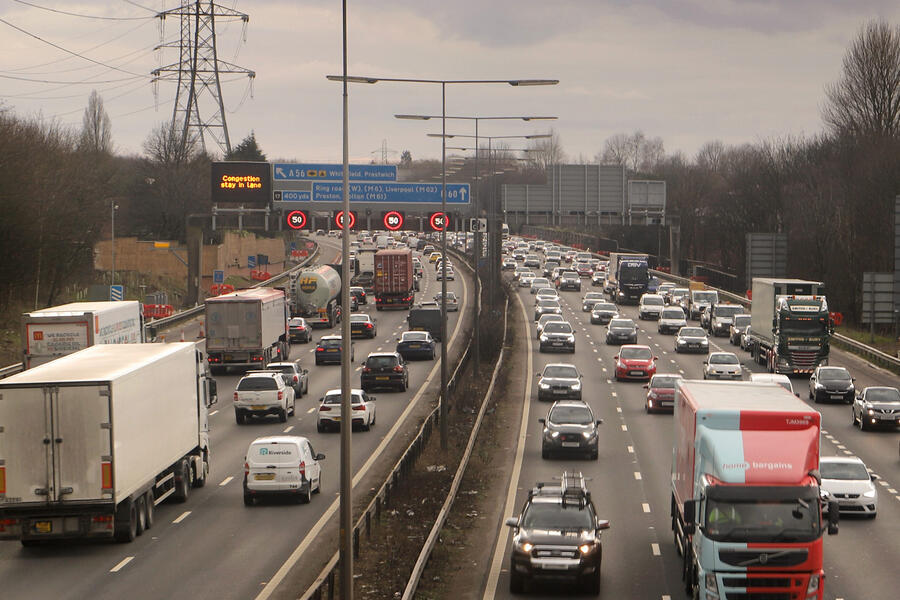The UK government is planning to adopt a Zero Emission Vehicle (ZEV) mandate to help drive the shift away from petrol and diesel vehicles.
The plans for the mandate, which echoes a system first used in California and since adopted by other US states and China, have been outlined in a Department for Transport (DfT) green paper on the future regulation framework for vehicular CO2 emissions, which is currently open to public consultation.
The ZEV mandate would complement the existing system of giving car firms a fleet-average CO2 emissions target, which will become increasingly tough as the 2035 cut-off for all non-electric cars approaches.
There is concern within government that the fleet-average system rewards incremental improvements in petrol and diesel engines and is reliant on WLTP fuel economy figures that don’t always reflect real-world usage accurately.
The ZEV mandate would therefore run in addition to the fleet average, requiring manufacturers to make a certain percentage of their fleet electric, with that share increasing in stages as we approach 2035.
Speaking at the recent Zemo Partnership Conference, the DfT’s head of environment strategy, Bob Moran, said that the ZEV mandate could present “the single biggest carbon-saving measure” being considered by the government.
He continued: “We’ve put it out there as a recommended option that the government is considering implementing. It’s out for consultation and we’re looking forward to hearing what people think about that. We need to not underestimate what a big step a zero-emission mandate is. It’s sales quotas for vehicle manufacturers: that’s huge.”
Moran added that the fact Westminster is “recommending a zero-emission vehicle mandate for the UK confirms the progress we’ve made on this agenda.”

Notably, under the plans being considered, the ZEV mandate would be regulated through credits, with rewards also given for selling cars such as plug-in hybrids.
Manufacturers would be able to trade with each other, as in the fleet-average system, where EV-only Tesla has been able to profit greatly by selling credits to other firms.
The government said allowing trading will still ensure that a certain percentage of the UK’s car fleet are ZEVs, but that it would increase that number faster than relying purely on CO2 targets.
If a car maker were to fail to hit its target and not manage to secure credits from another firm, it would be given financial penalties.
Moran also acknowledged the need for the government to promote the advantages of switching to zero-emissions vehicles, both in terms of CO2 benefits and others, to avoid a potential public backlash.

“It’s natural to be wary. Change can be scary,” Moran said. “But transport changes all the time – sometimes for the better and sometimes not so good.
“There are big changes coming. Decarbonisation doesn’t come for free initially, and there’s a lot of investment that needs to go into it.
“We need to make sure that we spend that wisely and maximise the co-benefits, which is fundamentally about making transport work more efficiently for people and goods.”
Moran believes that showcasing EVs to the public will be key. He said: “When people increasingly get a glimpse of what decarbonised road vehicles look and feel like, they will embrace the technology.
“This plan is a technology-led approach, and the technology is better. It’s better from an energy use and efficiency perspective and from an application perspective. Electric vehicles are better than their smelly, noisy, vibrating internal-combustion-engine counterparts.”
READ MORE
Government names latest winners of £20 EV innovation fund
2035 combustion engine ban: last chance to have your say
Autocar’s manifesto: Why Government must rethink 2035 combustion ban